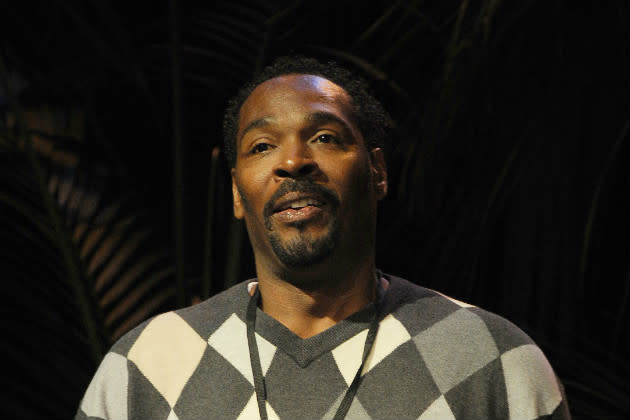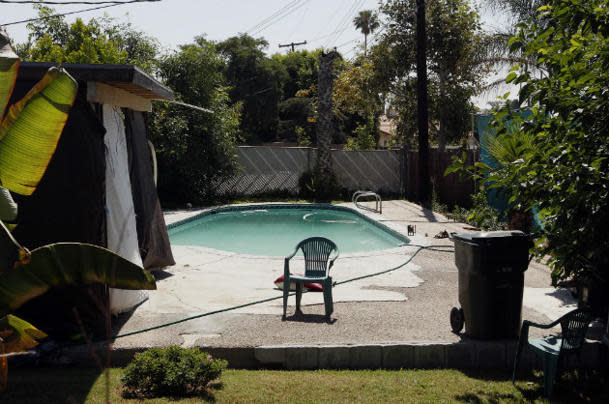 The Lookout
The LookoutRodney King’s complicated legacy examined in wake of death

As police investigate the death of Rodney King, who died of an apparent drowning in his California pool on Sunday at the age 47, civil rights leaders and others are examining his complicated legacy.
King, whose brutal, videotaped beating at the hands of four Los Angeles police officers in 1991 led to the LA riots, "never meant to change the LAPD," the Associated Press said, but that's exactly what he ended up doing.
After all, King had just been released from jail for "attacking the owner of a market in Monterey Park with a tire iron" when he was pulled over on that fateful night of March 3, 1991.
He "never set out to be a James Meredith or Rosa Parks," the Los Angeles Times wrote. "He was a drunk, unemployed construction worker on parole when he careened into the city's consciousness in a white Hyundai early one Sunday morning in 1991. While he was enduring the videotaped blows that would reverberate around the world, he wanted to escape to a nearby park where his father used to take him. He simply wanted to survive."
Instead, he became an "icon of the civil rights movement," albeit a reluctant one.
[Slideshow: Rodney King found dead]
"We thank God for the use of Rodney King's life to lift us to a higher degree of consciousness," the Rev. Jesse Jackson told the Times. "Let the burden upon the living be to continue the struggle so that the days of racial injustice will end. Let us answer Rodney's pressing question: Yes, we all can get along."
"The mention of King's name will always recall painful video images of his 1991 beating and the following year's Los Angeles riots, which were sparked by the acquittals of the officers and resulted in vast destruction and dozens of deaths," the AP noted. But the King affair "also transformed basic practices of policing."

"The King beating and trial set in motion overdue reforms in the LAPD and that had a ripple effect on law enforcement throughout the country," Lou Cannon, author of "Official Negligence: How Rodney King and the Riots Changed Los Angeles and the LAPD," said. "It became more perilous to pull someone over for driving while black."
"It was his beating that made America focus on the presence of profiling and police misconduct," the Rev. Al Sharpton said on Sunday. "History will record that it was Rodney King's beating and his actions that made America deal with the excessive misconduct of law enforcement."
The beating, officer acquittal and subsequent riots led to the ouster of police Chief Daryl Gates, and became a catalyst for change.
[Video: King's 'Can we all just get along?' plea during L.A. riots press conference]
"Rodney King has a unique spot in both the history of Los Angeles and the LAPD," current LAPD Chief Charlie Beck said in a statement. "What happened on that cool March night over two decades ago forever changed me and the organization I love. His legacy should not be the struggles and troubles of his personal life but the immensely positive change his existence wrought on this city and its police department."
In King's wake, the LAPD brought in its first black chief, "limited L.A.'s top cop to two five-year terms, brought the LAPD under civilian control," TheWeek.com wrote.
It also "clearly set in motion a generation-long transformation of the LAPD that shapes today's far more accountable, respected and diverse department," the LA Times said.
[Also read: Rodney King found dead in swimming pool]
But King's death from an apparent drowning leaves behind more questions about his troubled life.
"The real tragedy of Rodney King was that he never got the help he needed," the AP wrote. "King clearly had neurological problems and addiction issues, and he had learning difficulties as a child which were never addressed."
